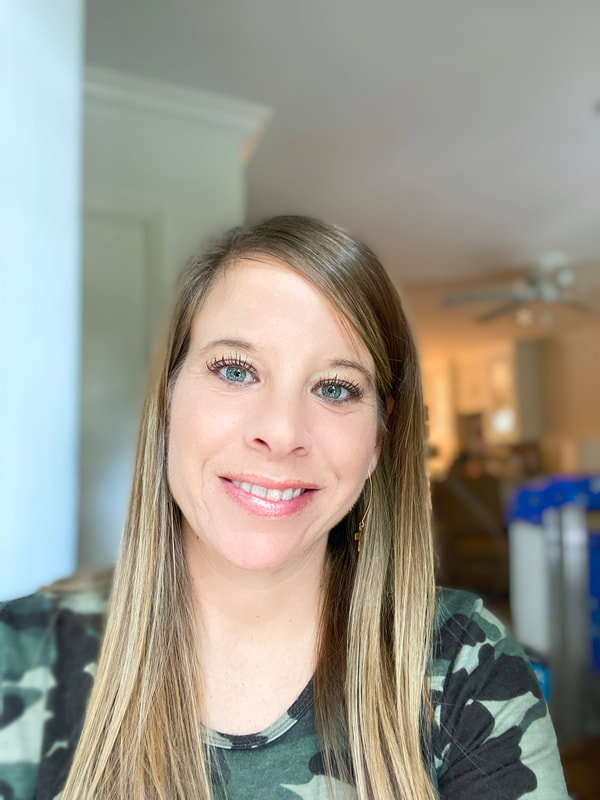 Paul Ambrose Scholar: Elisha Tribble, Mercer University
Paul Ambrose Scholar: Elisha Tribble, Mercer University
Community-Based Project Name: A Multidisciplinary Collaboration to Reduce Vaping in Adolescents
The Paul Ambrose Scholars Program prepares public health and clinical health professions students to promote change and be leaders in addressing population health challenges at the national and community level. Students from across the health professions to commit their time and effort to improve health within their communities through the planning and implementation of a community-based project.
This project aims to collaborate with the Georgia Sheriffs' Association to develop a curriculum for Choosing Healthy Activities and Methods Promoting Safety (C.H.A.M.P.S.) regarding the dangers of e-cigarette use and vaping to help decrease the usage of e-cigarettes in adolescents. This project has been created and presented to the Georgia Sheriffs' deputies, who currently offer the C.H.A.M.P.S. program to schools in 94 counties in the state of Georgia. The new curriculum will be evaluated to determine vaping education's benefit, perceived impact, and sustainability. This project hopes to achieve the Healthy People 2030 goal of reducing e-cigarette use in the adolescent population by targeting early intervention. The anticipated impact of this early education is to see an overall decrease in the usage of e-cigarettes and vaping products in adolescents.
The curriculum was created to be cohesive with the current C.H.A.M.P.S. curriculum presently in use across Georgia. The new vaping education was presented to the Georgia Sheriffs' deputies to educate the presenters on the material to prepare them to use the new education in the classroom. Then, to evaluate the new curriculum, an anonymous survey completed by the deputies will determine benefit, perceived impact, and sustainability.
At the start of this project, there was no vaping education presented in the C.H.A.M.P.S. program. Through a collaborative effort with the Georgia Sheriffs' Association, this project broadened the current C.H.A.M.P.S. curriculum and educated younger adolescents on the dangers of vaping and e-cigarette use. Data from this study suggest that this program is beneficial, sustainable, and improves education in the adolescent population regarding the dangers of e-cigarette use.
Project Timeline
- September 2022: Vaping curriculum went "live" in counties across Georgia
- March 2022: Vaping education survey sent to deputies who taught in the C.H.A.M.P.S. program
- May 2022: Review and analysis of survey data began